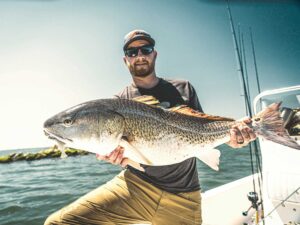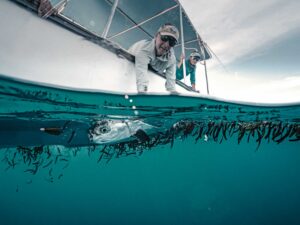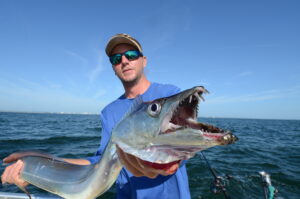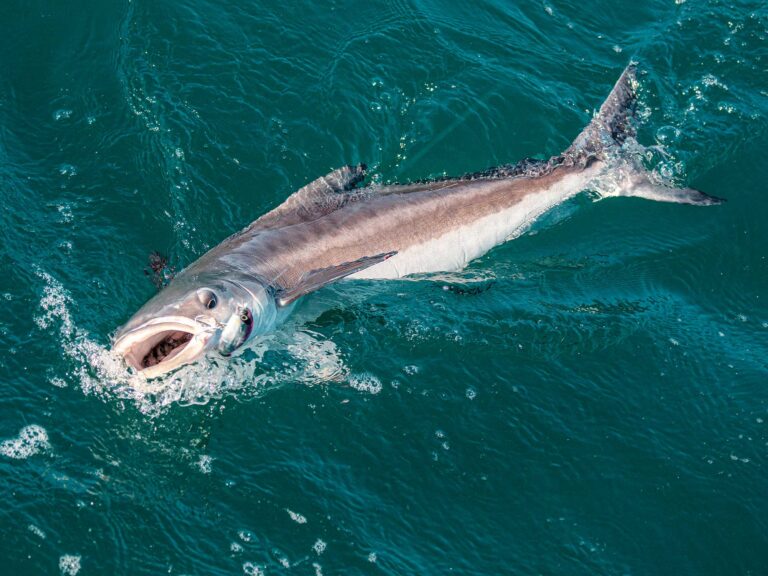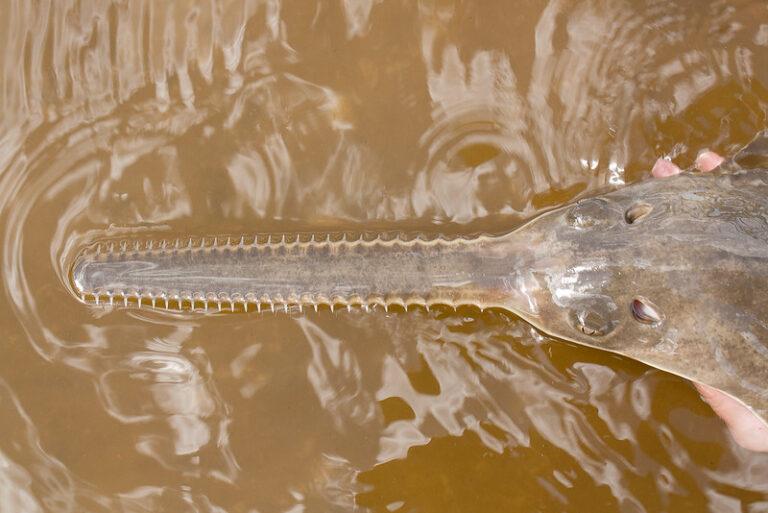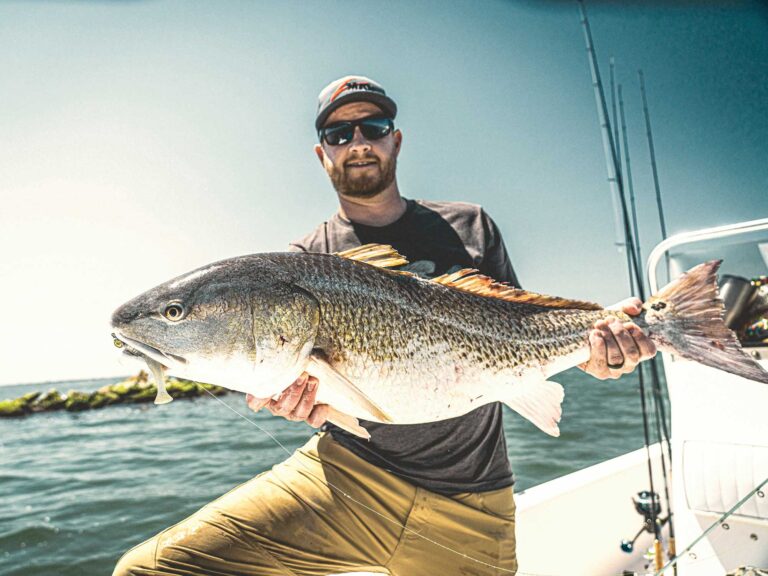As the Labor Day Holiday approaches, sport anglers need not put away their fishing gear because of the recent flurry of fish consumption advisories and discussion about mercury in fish tissue according to a joint statement issued by three prominent conservation organizations. The American Sportfishing Association, BASS and the International Association of Fish and Wildlife Agencies want to assure anglers that it is still safe and fun to fish and to eat their catch.
“We are concerned that recent announcements concerning mercury in fish will cause anglers to believe fishing is no longer one of America’s great past times,” said Gordon Robertson, Vice President of the American Sportfishing Association. “While mercury, if consumed in high quantities, can have a health impact, the likelihood of a typical sport angler consuming enough fish to have a health impact is minimal.” No scientific evidence links eating recreationally-caught fish with mercury poisoning.
State fish and wildlife agencies concur that recreational angling should remain a healthy and popular activity. “We want anglers to continue to enjoy fishing and wisely eating fish,” said Eric Schwaab, Resource Director for the International Association of Fish and Wildlife Agencies. “Many of our member agencies, in conjunction with state health departments have posted health advisories about fish consumption. While the states participate in efforts to fully inform anglers about potential consumption risks, such advisories are intended to provide a basis for informed risk analysis, not frighten people away from a healthy recreational pursuit.
It is important to note that the number and type of new advisories do not indicate the situation is worsening. In most cases, new advisories result from additional sampling, stricter risk standards or changes in behavioral assumptions. State agencies regularly expand the range of environmental sampling efforts over time, leading to consistently increasing number of advisories.
In addition, one challenge in understanding the current approach is that assumptions are made in the Human Health Risk assessment about the frequency and duration of consumption patterns. These assessments are based on much more regular consumption of fish than that exhibited by most recreational fishermen. Schwaab also explained that current Environmental Protection Agency standards, on which most state advisories are based, set a stricter standard that, in the case of mercury, is four times higher than the threshold used by the Food and Drug Administration, which governs the fish Americans purchase off their grocery store shelves. At a minimum this discrepancy presents a confusing basis for risk based decisions by the American public.
“The topic of mercury in the environment and in fish is very complex”, said Noreen Clough, Conservation Director for BASS, the Nation’s largest individual angler membership organization. “Certainly, there can be situations where anglers should heed consumption advisories, but we know of no studies of mercury induced health problems from eating sport-caught fish in the U.S. Much of fishing is about catching the fish, sharing the experience with family and friends and building on our outdoor skills. Many anglers practice catch and release and the current discussion surrounding mercury should not deter anyone from enjoying the great sport of fishing and the great out-of-doors.”
All three organizations stressed that scientific work directed at health risks associated with mercury and fish consumption has focused on subsistence cultures with high lifelong rates of consumption of fatty fish or marine mammals. The highest mercury concentrations are known to exist in fatty tissue of older, top level predatory fish, which subsist on diets of other fish. Eating younger, lower level predator fish, avoiding fatty tissue and using proper cooking procedures all reduce health risks from fish.
Sportfishing generates approximately $116 billion each year for the Nation’s economy and is responsible for slightly over one million jobs. Most importantly, the tradition of sportfishing brings enjoyment, a learning experience and strong social bonds to over 44 million Americans each year.
The American Sportfishing Association is the sportfishing industry’s trade association, uniting more than 600 members of the sportfishing and boating industries with state fish and wildlife agencies, federal land and water management agencies, conservation organizations, angler advocacy groups, and outdoor journalists. The American Sportfishing Association safeguards and promotes the enduring social, economic, and conservation values of sportfishing.


